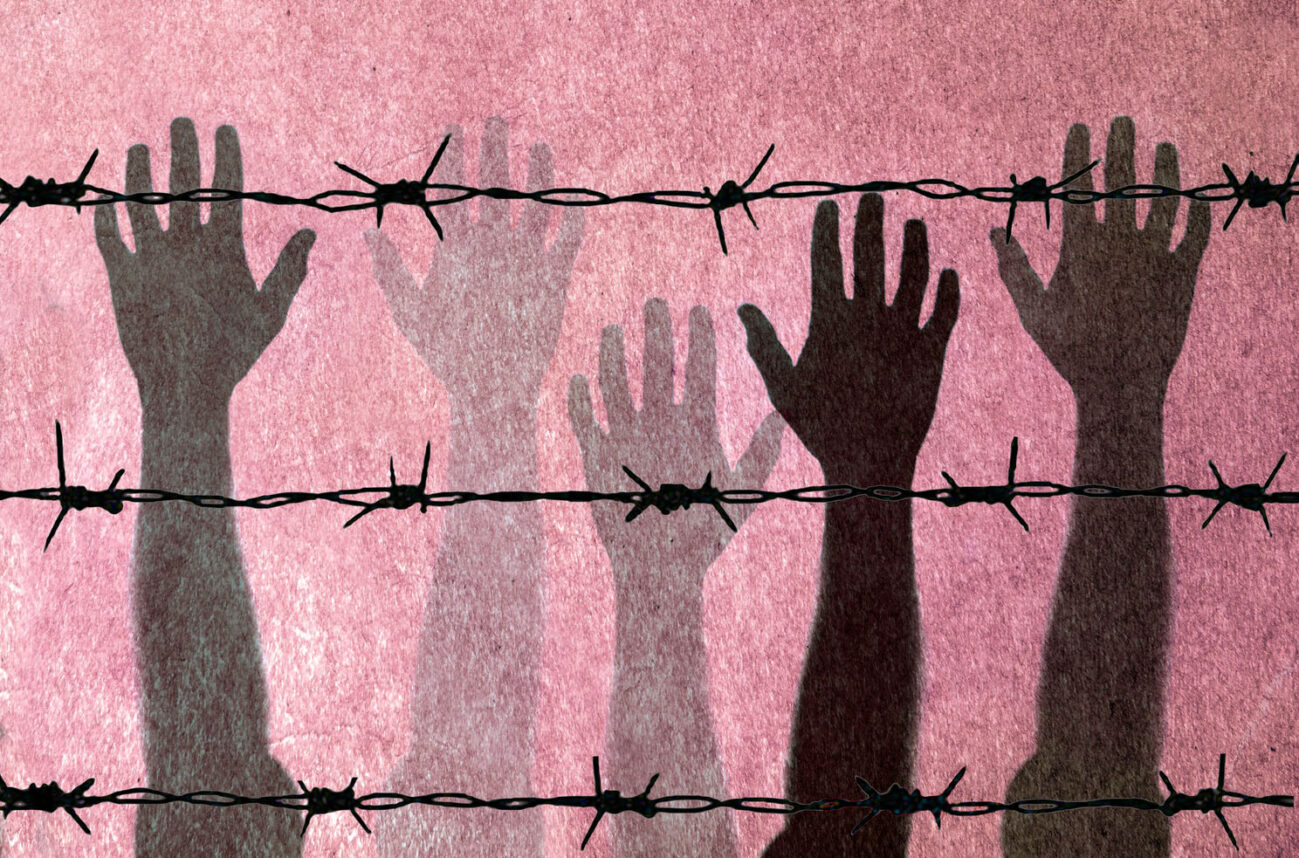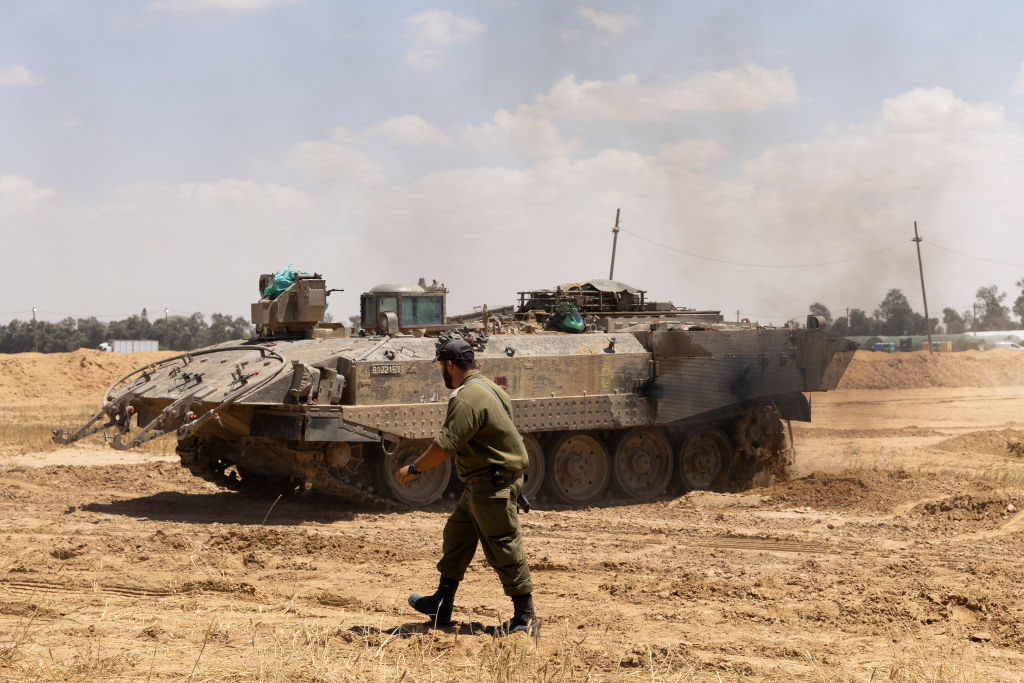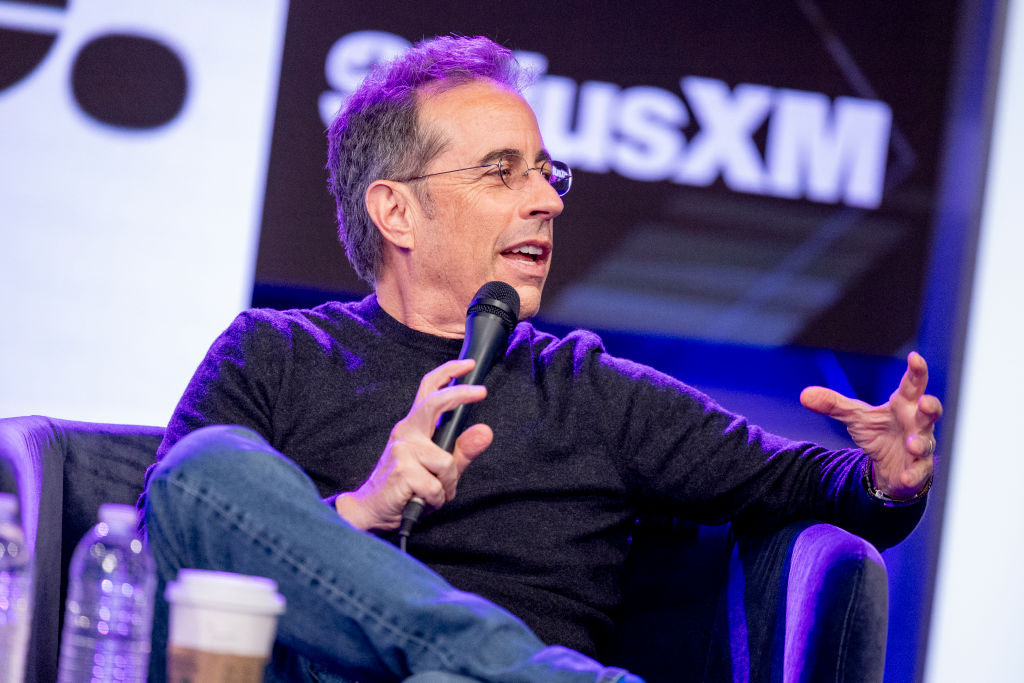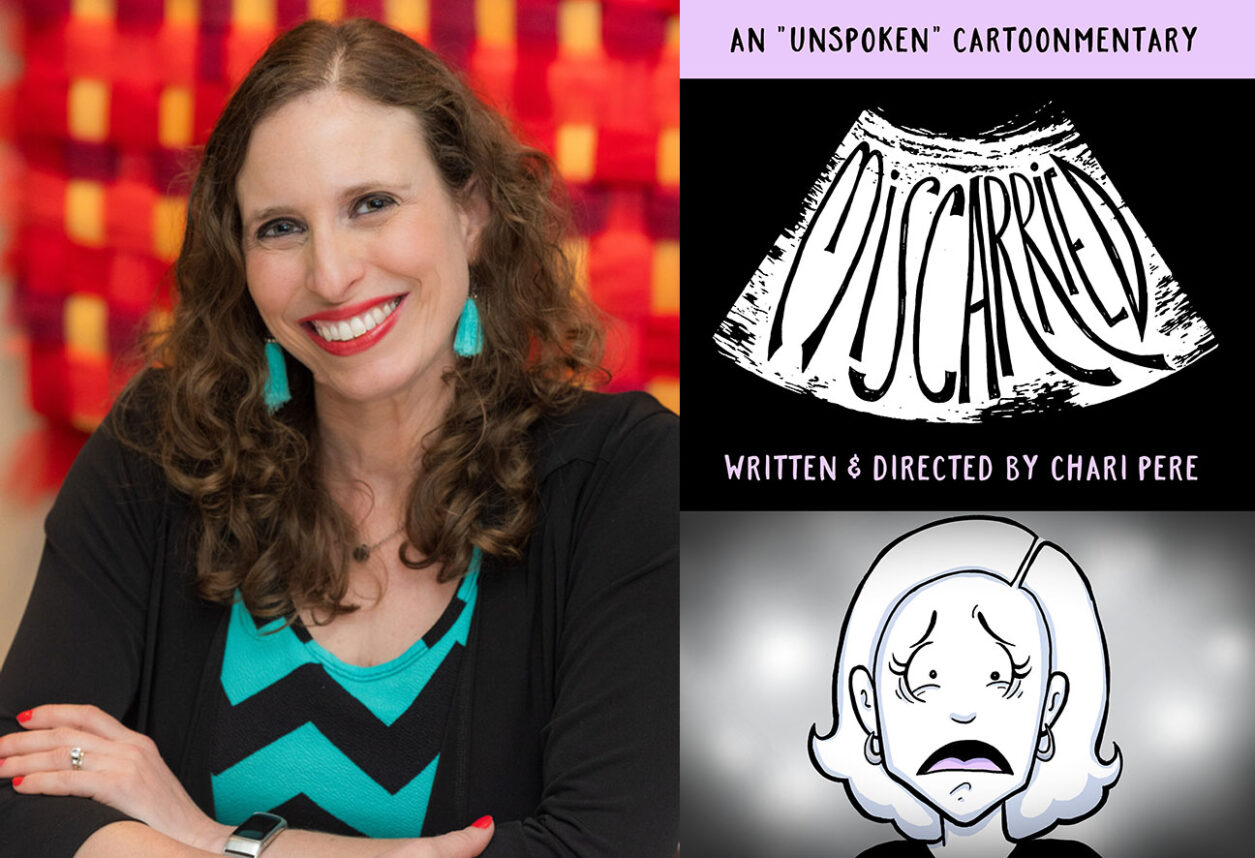This story originally ran on themedialine.org.
Munib Al-Masri, a Palestinian billionaire who is a close confidant to Palestinian Authority leader Mahmoud Abbas, warns that the tense situation between Israelis and Palestinians after the murders of four teenagers could explode.
“We are sitting on top of a volcano that can erupt at any moment, that’s why we ask everybody who has influence to quiet things down – the Americans, the Europeans, the Palestinians and the Israelis,” Al-Masri told The Media Line. He said that if Israel does not end its occupation and return to the negotiating table immediately, “there is a big tsunami coming.”
Al-Masri, who played a pivotal role in the creation of much of the Palestinian economic infrastructure, said that US Secretary of State John Kerry should resume his role as mediator between Israelis and the Palestinians. Nine months of intensive efforts ended in disarray in March after the two sides failed to reach an agreement, each side blaming the other for the Kerry mission’s failure. Since then Kerry Martin Indyk has also resigned – a move widely seen as a sign that the US does not intend another push at negotiations.
Al-Masri said that Israel has a partner in Abbas but “unfortunately, there is no partner on the Israeli side.”
He abruptly cancelled well-publicized plans to attend a peace conference sponsored by the Israeli daily Ha’aretz in Tel Aviv on Tuesday, where he was slated to appear with Israeli officials. But Al-Masri said that due to the “appalling situation” he pulled out, as did Palestinian chief negotiator Sa’ib Erekat.
“We do go to peace conferences, but feelings are running so high and I respect the feeling of my country,” he said. “I respect the martyrs who lost their lives for this. It’s a very difficult time.”
He was referring to the killing of 16-year old Mohammed Abu Khdeir from east Jerusalem. The teen was on his way to morning prayers when he was abducted and apparently burned alive. Israeli police arrested six young Jewish suspects, three of whom have confessed and reenacted the crime for police. Israeli politicians across the spectrum have condemned the murder.
Abu Khdeir’s murder, which came a day after the bodies of three Israeli teenagers who had been kidnapped on June 12 were found in a shallow grave near the West Bank city of Hebron, touched-off violent demonstrations by Palestinians and Arab Israelis throughout the country.

A Palestinian throws stones towards Israeli police in Jerusalem on July 4. Photo by Ammar Awad/Reuters
Israeli officials say that by acting swiftly to find the murderers of the Palestinian teen, Israel “clearly demonstrated its commitment to the rule of law,” but the point has seemingly been lost on those who have taken to the streets.
“In Israel, murder is murder, terror is terror and it’s irrelevant who the perpetrator of the crime is and who is the victim of the crime,” Israeli government spokesman Mark Regev told The Media Line.
Regev said Israel will not tolerate “vigilante violence” on either side, and said Israel “will bring the full weight of the law down upon the perpetrator of vigilante violence.”
Regev said he hopes that voices from the Palestinian side will join Israel’s call for calm and let the legal process move forward. Calming the situation down, he said, is in the interest of both sides.
“Violence serves no one’s interests except those of the extremists,” Regev told The Media Line.
At the same time, he said the Palestinian Authority is not doing enough to calm the situation. Regev said Palestinian officials blaming the Israeli prime minister for Abu Khdeir’s murder is “irrational and not based on facts at all.”
Some Palestinian analysts argue that Abbas did try to calm the current tensions by maintaining security cooperation with Israel and aiding in the search for the three kidnapped teens while they were still missing.
But in the opinion of Palestinian political analyst Abdelmajeed Sweilem, Israel is trying to implement another agenda – namely taking over large parts of the West Bank and Gaza Strip as he says it did in 2002 in response to a wave of Palestinian suicide bombings.
“I think Abbas has to turn over this question to the United Nations Security Council for them to take a decision about what to do regarding the situation the ground,” Sweilem said.
In an address on Palestinian Television, Abbas called on UN Secretary- General Ban Ki-moon to form an international commission of inquiry into “terrorist crimes” perpetrated against Palestinians.
Sweilem says the onus is on the international community to “stop Israel’s aggression” or else “there will be confrontations beyond belief.” “I think Israel can play a role too, by holding those accountable. Without this, the aggression from the settlers and the Israeli Army will only grow,” he said.
Meanwhile, Al-Masri describes the situation as “terrible.”
“We are destined to live together. But they have to show that they want to do it. The Palestinians have done everything in their part,” said Al-Masri.
Regev, too, says Israel wants peace and reconciliation but says it is hard to take the Palestinian Authority seriously when it forms a unity government with Hamas.
“The PA has a commitment, a signed obligation to fight terrorism. By embracing Hamas, they are breaking that commitment; so I call on the Palestinian Authority to break its pact with Hamas, and to return to peace talks. I hope they do so,” said Regev.























 More news and opinions than at a Shabbat dinner, right in your inbox.
More news and opinions than at a Shabbat dinner, right in your inbox.